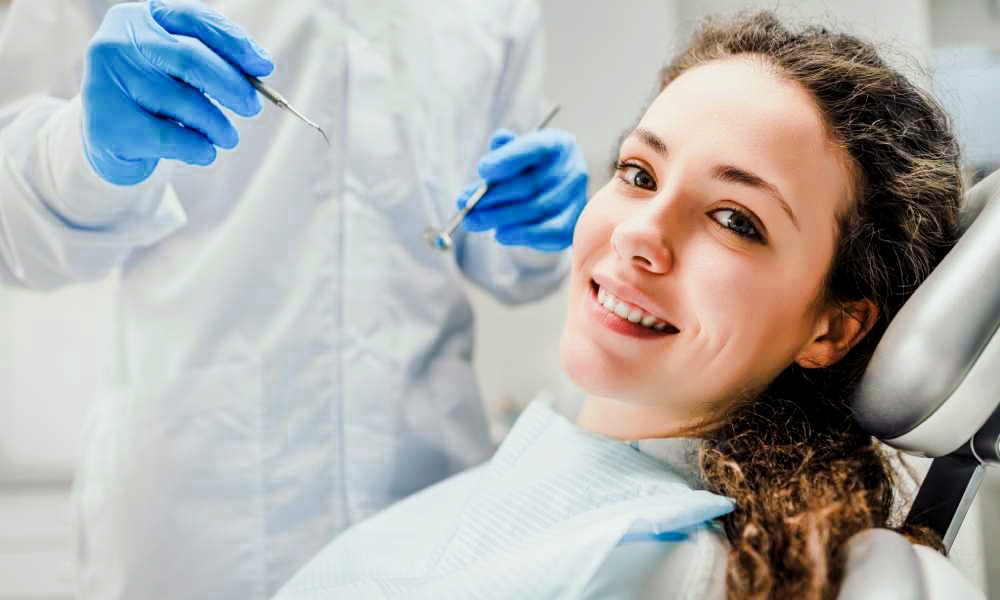Scientists have discovered a powerful natural compound that helps combat tooth decay, marking a promising step towards developing safer oral care products with less reliance on chemicals and alcohol.
This compound, known as "epicatechin" or "ECG", is found in large quantities in green and black tea, as well as in maple sap, where it has been shown to inhibit the growth of bacteria that cause tooth decay and impede the formation of sticky plaque on teeth.
Researchers noted that drinking green tea has long been associated with lower rates of tooth decay, attributed to the abundance of "ECG" in it.
The beauty of this discovery lies in the fact that the compound is natural, readily available, and less toxic, making it an ideal candidate for inclusion in mouthwashes and oral care products, especially for young children who may accidentally swallow mouthwash.
The idea for the study was founded on an unexpected observation, where researchers discovered that Listeria bacteria—causing food poisoning—can form biofilms on most plants and wood, but fail to adhere to maple syrup.
From here, the team focused on studying the "ECG" compound isolated from maple syrup, testing its effect on Streptococcus mutans bacteria, the primary cause of tooth decay due to its ability to form plaque.
The research began with computer-simulated experiments, followed by laboratory tests in test tubes, and finally experiments on surfaces mimicking teeth using hydroxyapatite discs, which resemble real tooth enamel, where the compound demonstrated exceptional ability to prevent the formation of bacterial biofilms.
Mark Gomelsky, the lead of the study team from the University of Wyoming, stated:
"Our results suggest that ECG or similar compounds could be added to oral care products to enhance decay prevention through a new mechanism that targets biofilm formation, unlike traditional methods that rely on killing bacteria using alcohol, disinfectants, or fluoride."
This discovery opens new horizons for developing effective and safe products that reduce reliance on chemicals and provide natural protection for teeth, especially for children, which could revolutionize the field of oral care in the coming years.

